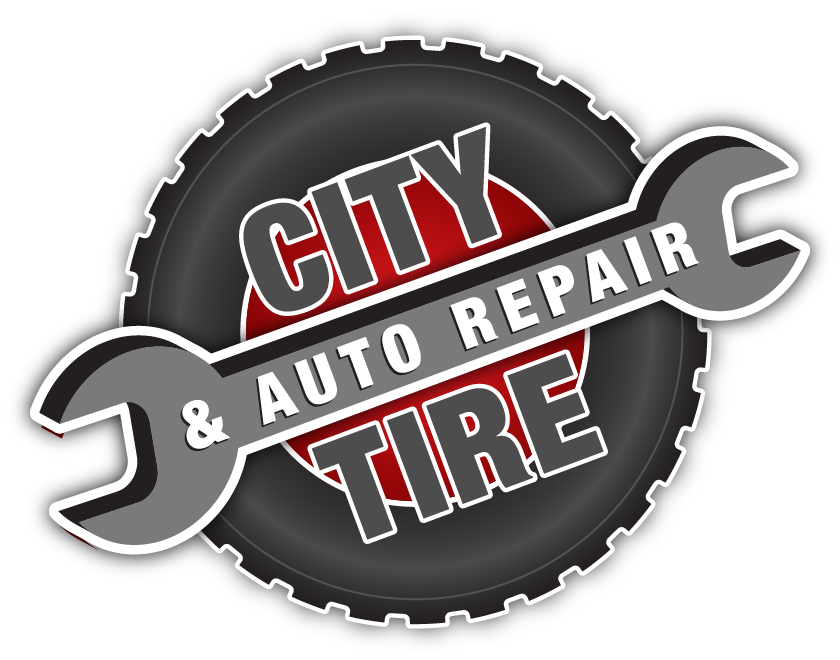Morris Tire Service: Where Precision and Performance Converge
Morris Tire Service: Where Precision and Performance Converge
Blog Article
The Environmental Benefits of Proper Tire Upkeep
Maintaining appropriate tire treatment is frequently forgotten, yet its impact on the atmosphere is extensive. Proper tire maintenance not just expands the lifespan of tires however additionally decreases garbage dump waste and adds to improved air high quality.
Reduced Gas Intake
Improving tire upkeep practices can cause a significant reduction in gas intake for cars. tire shop near me. Correctly filled with air tires make certain optimal contact with the roadway surface, minimizing moving resistance and improving fuel effectiveness. According to the United State Division of Power, underinflated tires can decrease gas mileage by 0.2% for every 1 psi drop in pressure in all four tires. This may seem like a little percent, yet when increased by the variety of lorries when driving, the collective impact is substantial.
Along with tire stress, normal tire turnings and positionings likewise play a vital duty in gas effectiveness. Unevenly worn tires can raise gas intake as the engine functions harder to maintain speed and traction. By preserving correct placement and rotating tires at recommended periods, chauffeurs can make sure also wear and prolong the life of their tires, eventually conserving gas and minimizing their carbon footprint.
Extended Tire Lifespan
Extending the life-span of tires is an essential aspect of reliable automobile maintenance practices that can generate expense savings and ecological benefits over time. By effectively preserving tires, drivers can significantly lengthen their functionality, reducing the frequency at which brand-new tires need to be manufactured and old ones dealt with. This not just conserves beneficial resources but likewise minimizes the power and emissions related to tire production and disposal procedures.
Routinely examining tire pressure, revolving tires, and guaranteeing correct alignment are crucial steps in expanding tire lifespan. Appropriate tread deepness is critical for ideal grip and security, however it additionally plays a duty in how much time tires can be utilized prior to requiring replacement. Additionally, staying clear of aggressive driving habits that increase tire wear, such as extreme braking and sharp turns, can better enhance tire longevity.
Ultimately, boosting the long life of tires through proactive maintenance not just profits the environment by reducing waste and saving sources yet additionally leads to set you back financial savings for vehicle owners by delaying the requirement for brand-new tire acquisitions.
Reduced Exhausts Output
Effective tire maintenance techniques add to a reduction in emissions result, straightening with environmental sustainability goals in the automotive sector. By preserving optimal tire stress degrees, chauffeurs can help minimize these unfavorable environmental influences.
Additionally, well-kept tires also boost traction and reduce rolling resistance, better improving fuel performance. This, consequently, decreases the quantity of exhaust gases released right into the environment. Additionally, making certain tires are appropriately inflated and lined up can extend the life-span of the tires, decreasing the regularity of tire replacements and the linked environmental prices of tire production and disposal.

Decreased Land Fill Waste
Given the positive impact of proper tire upkeep on lowering exhausts result, one more considerable ecological advantage is the possibility for lowered garbage dump waste. By making sure that tires are appropriately pumped up, aligned, balanced, and revolved consistently, their life-span can be substantially prolonged.

Improved Air Top Quality
Enhancing air quality with correct tire maintenance techniques is an essential facet of sustainable environmental stewardship. When tires are underinflated, they develop more rolling resistance, bring about enhanced fuel intake and higher exhausts of hazardous pollutants such as carbon monoxide gas and nitrogen oxides. Effectively inflated tires not just boost fuel effectiveness yet additionally reduce the amount of toxins released right into the air.
In addition, properly maintained tires with appropriate walk depth and placement add to safer driving problems, lowering the chance of crashes that can lead to the launch of extra pollutants right into the ambience. By expanding the life-span of tires via routine upkeep and turning, fewer tires are disposed of prematurely, reducing the environmental influence of tire disposal and production procedures.
Conclusion
In final thought, appropriate tire maintenance provides countless ecological benefits. It is necessary for individuals to internet focus on tire upkeep as a basic yet reliable means to secure the atmosphere for future generations.
Appropriate tire maintenance not just expands the lifespan of tires but likewise reduces garbage dump waste and contributes to improved air high quality - tire tracks morris il. By keeping proper placement and rotating tires at suggested intervals, chauffeurs can make certain also extend the life and wear of their tires, ultimately saving fuel and lowering their carbon footprint
By properly maintaining tires, chauffeurs can dramatically lengthen their use, lowering the frequency at which new tires need to be produced and old ones disposed of.Consistently inspecting tire stress, turning tires, and ensuring proper positioning are essential actions in prolonging tire lifespan. In addition, making sure tires are correctly pumped up and lined up can extend the life expectancy of the tires, reducing the frequency of tire substitutes and the linked ecological costs of tire production and disposal.
Report this page